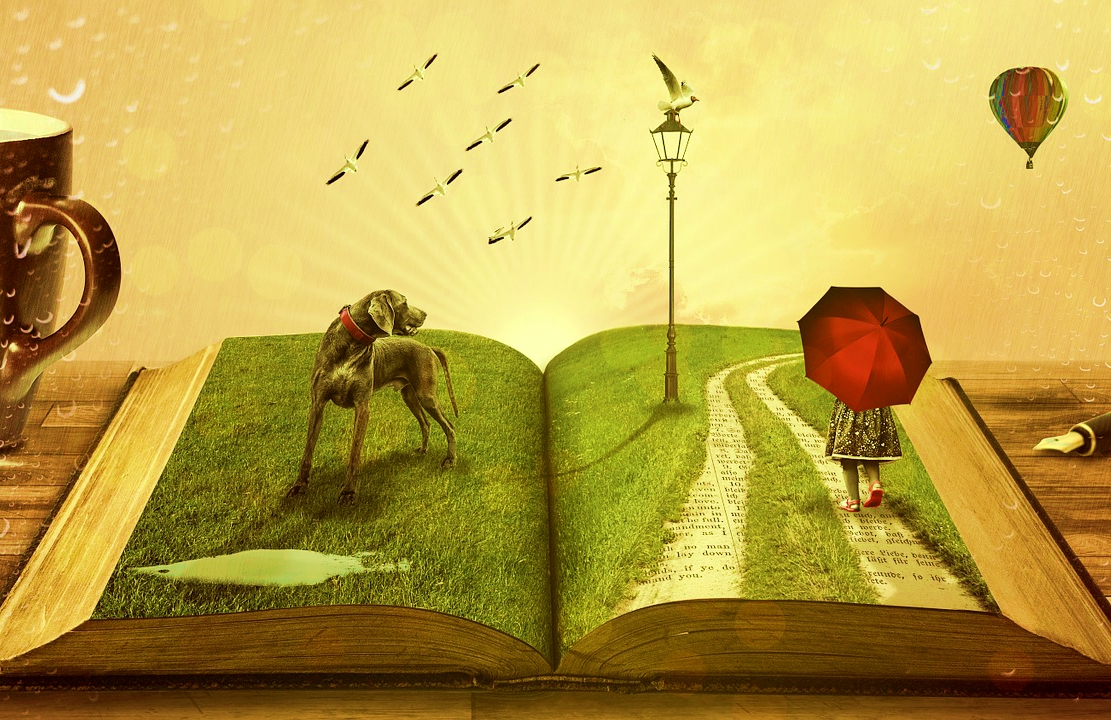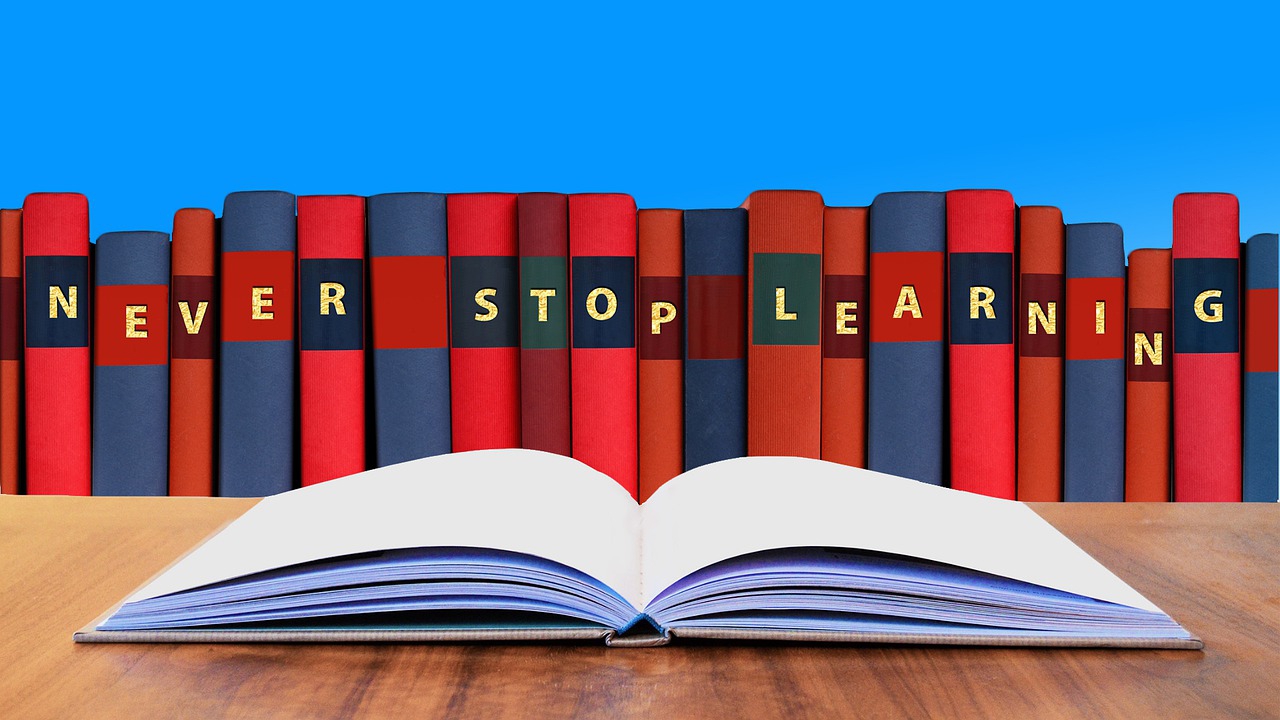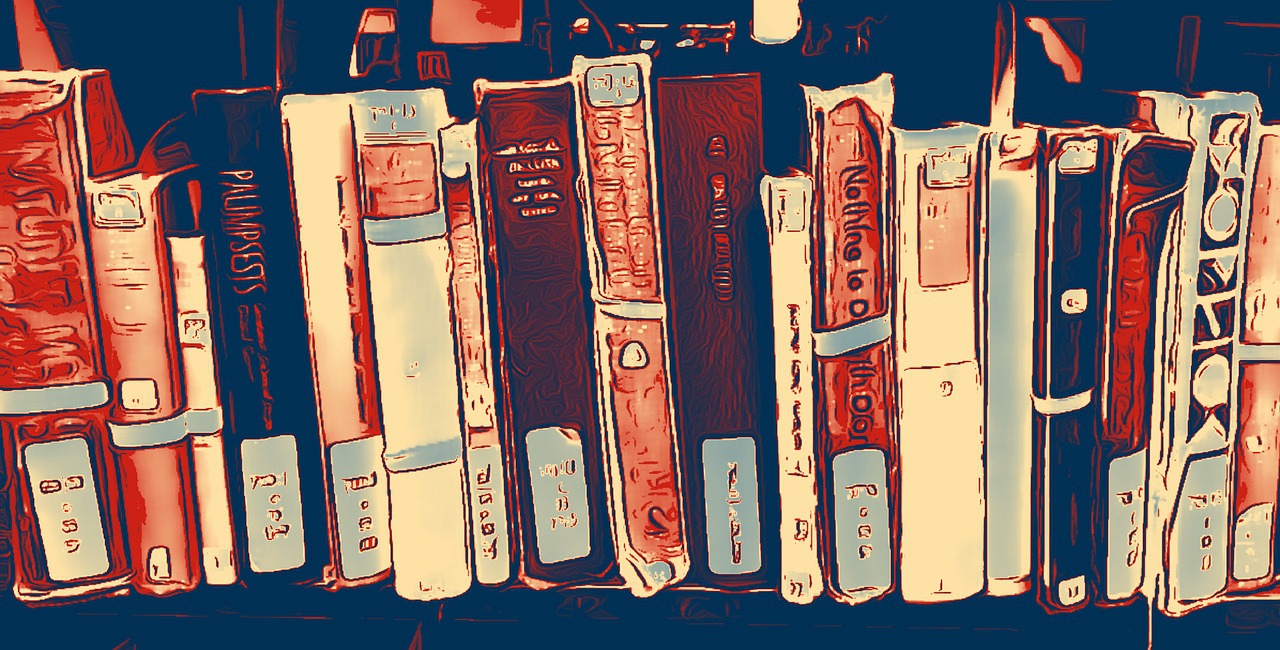
Ignorance is a very important educational starting point. By recognizing our lack of knowledge, we open up to a discovery of the world through curiosity, learning from mistakes, dialogue with other standpoints which is very similar to self-driven child play.
by Bernard Cauchi
Image: Comfreak / Pixabay
*Here and below I shall be adopting a working definition of ignorance as ‘lack of knowledge’.
[dropcap]B[/dropcap]efore I delve into the subject, I’d like to clarify that this is not an ahistorical glorification of ignorance. I do not pretend to be oblivious of the past struggles by people who orbited around the workers’ movement, such as Manwel Dimech and Juann Mamo, and who worked hard to make visible and eradicate the common people’s ignorance, blessed and perpetuated by the Church and the higher classes. Neither will it be a dismissal of educational practices in toto.
As an educator myself, I still have faith in educational practices which attempt to emancipate and liberate minds and souls from hegemonic domination.
‘Adult Education’ vs ‘Lifelong Learning’
My idea to engage with ignorance stems from two main contexts which I participate in daily.
First of all, for the past years we have been bombarded by discourses such as ‘knowledge economy’, ‘high skilled jobs’ and ‘human capital’, and simultaneously I have been witnessing an intensification of the need for all to indulge in ‘lifelong learning’ (or what Raymond Williams terms a ‘force of permanent education’). Thus, the ‘lifelong learning’ mantra has gradually substituted the term ‘adult education’. This shift is much more than a mere change in terminology.
[beautifulquote align=”left” cite=””]While the principle of adult education is underpinned by ideals of emancipation and equity, lifelong learning advocates a perceived need to focus on permanent training and employability.[/beautifulquote]
While the principle of adult education is underpinned by ideals of emancipation and equity, lifelong learning advocates a perceived need to focus on permanent training and employability. Leaving aside the details of what this change entailed, I only note that one of its major effects was to further emphasize the dichotomy between an ‘educated us’ versus an ‘ignorant them’.
According to this vision, ‘we, the educated’ are responsible for keeping ourselves and our children flexible, creative, trained, and open for change. We send our children to school (most probably to some schools in particular but not to others), but then we also try to fill in their free remaining time slots with all sorts of lessons: sport, art, music, drama, religious doctrine and so on and so forth.
On the other hand, as an ‘educated lot’ we are unlike a multitude of others. ‘We, who uphold European values’ seek to distinguish ourselves from others—to whom we refer in orientalist terms—and who staunchly support political parties, celebrate festas, hunt during spring time, see Madonnas in the countryside, litter and utter racist slurs. In other words, the ‘ignorant others’.

The other reason which prompts me to engage with the topic of ignorance is more broadly the public/political sphere as I witness it through the social media, news networks, and from my scarce direct participation here and there.
Dialogues (or rather the lack of) are often based on a sense of superiority underpinned by a very superficial understanding of enlightenment ‘dogmas’, an ubiquity of ‘smartness’ and one’s perceived cultural capital.
[beautifulquote align=”left” cite=””]Dialogues (or rather the lack of) are often based on a sense of superiority and one’s perceived cultural capital.[/beautifulquote]
Rather than conceiving knowledge as a social arena in which we build what we know together, discussions often take the form of a competitive game peppered with sarcasm and humorous one-liners in which many either try to ‘win the argument’ or seek confirmation within their own echo chamber. This problem becomes evident when one takes a look at the majority of discussions on the social media and realizes that many opinions are based on common sense (widespread views based on dominant perspectives) rather than research; on superficial ideologies rather than lived experiences.
Educators vs Pupils: Equality of Intelligence
This weaponised yet superficial understanding of knowledge and education has encouraged me—first and foremost as educator—to delve deeper into the subject by engaging with its antithesis, ignorance.
Through one of his key works, The Ignorant Schoolmaster: Five Lessons in Intellectual Emancipation (1991), Jacques Rancière radically shifts our educational pre-suppositions by re-narrating ignorance.
Rather than building an argument on the intrinsic divide between the learned and the ignorant, Rancière urges to consider the relation between student and educator in terms of equality. To him, “explication […] is the myth of pedagogy which is the parable of a world divided into knowing minds and ignorant ones; the capable and the incapable; the intelligent and the stupid.”
While equality is still something to be achieved in some distant future, striving for it indirectly creates an endless confirmation of inequality.
Rancière explores this fundamental idea of the “radical equality between human beings in terms of their intelligence” by engaging with the story of 19th century French revolutionary educator Joseph Jacotot, the Ignorant Schoolmaster, who
unexpectedly found himself, in the 1820s teaching Flemish students whose language he did not know and who did not know his, by using […] a bilingual edition of Télémaque being published in Brussels. […] He was said to be astonished at the way these students, to whom he had transmitted […] knowledge, had, following his command, learned enough French to express themselves very well, how he had thus educated them without teaching them anything.
In other words, the schoolmaster’s and his students’ initial lack of knowledge established an egalitarian space within which independent, emancipatory learning could take place.
To Rancière, the assumption of equality of intelligence is the key principle. He argues that this can be observed at work all along the process through which children—without any help and any explanations—learn their mother tongue by hearing, retaining, imitating, making mistakes and repeating.
[beautifulquote align=”left” cite=””]To Rancière, the assumption of equality of intelligence is the key principle.[/beautifulquote]
Thus, he draws parallels between this universal process and the philosophy (rather than a methodology) of the ‘emancipatory master’, who refuses to subordinate his/her pupils’ intelligence to his/her explanations. A living example of this principle could be a teacher who, despite the undeniable power relations, asserts that they are not an all-knowing encyclopaedia and thus creates a space for a learning community, where the educator and the students explore a subject together.
Taking the relation of inequality between a teacher and a student to a macro level, Rancière talks of ‘the world as a school’, referring to the dominant, normalising discourse promoting the need for everyone to be involved in perpetual training and re-training in sync with the economy’s needs. Such instruction imposes a monolithic reading of the world which is dogmatic. Again, the depiction of equality as an eventual point of arrival maintains the centrality of the principle of the inequality of intelligence and consequently “the intelligent caste’s management of the stupid multitude”.
A clear example of this is Arturo Escobar’s description of top-down pedagogic relations in “less economically developed” countries which are subjected to the western model of development. Here “everything [is] subjected to the eye of the […] experts […] Development proceeded by creating ‘abnormalities’ (such as the illiterate, the underdeveloped, the malnourished, small farmers or landless peasants) which it would later treat and reform.”
The Importance of Learning from Each Other
Such considerations entail, at least, two important reflections on education.
First, ignorance is a very important educational starting point. By recognizing our ignorance—our lack of knowledge—we open up to a discovery of the world through curiosity, learning from mistakes, dialogue with other standpoints which is very similar to self-driven child play.
We may compare and contrast this to the standardized discourse, the fixed agendas and the rigid outcomes we are often used to in schools and other educational institutions.

Many students I often meet in higher education institutions, who through a series of options along their scholastic experiences have limited their exploration of the world to one very specific branch of knowledge, lack some very basic knowledge of either the humanities, the arts or the sciences. Rather than taken as an uncomfortable and necessary starting point with which to engage, this lack of knowledge is often legitimized by the educational journey they would have successfully completed.
On another level, building on Rancière’s reasoning, “the virtue of ignorance is first of all a virtue of dissociation”. In other words, ignorance or un-education may become a way how we may look and interpret things around us from a radically different starting point.
[beautifulquote align=”left” cite=””]By recognizing our ignorance, we open up to a discovery of the world through curiosity, learning from mistakes and dialogue with other standpoints.[/beautifulquote]
From an educational perspective this may involve the refuting, resisting, or disassociating ourselves from a dominant bourgeois discourse featuring this ideal figure of the individual in a perpetual process of training and re-training.
The undermining of the generally accepted instrumental portrayal of education (as a conflation of information, a promise of individual fulfilment and economic progress) is necessarily at the heart of a critical pedagogy which aims to study and question what’s happening around us. Hopefully, this may lead to more significant and participatory exchange in the public sphere and to more attempts to transform our world.

Note: If not otherwise stated all the quotes are taken from Jacques Ranciere’s book ‘The Ignorant Schoolmaster’.
Leave a Reply